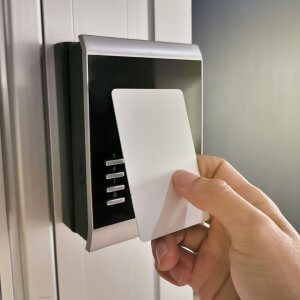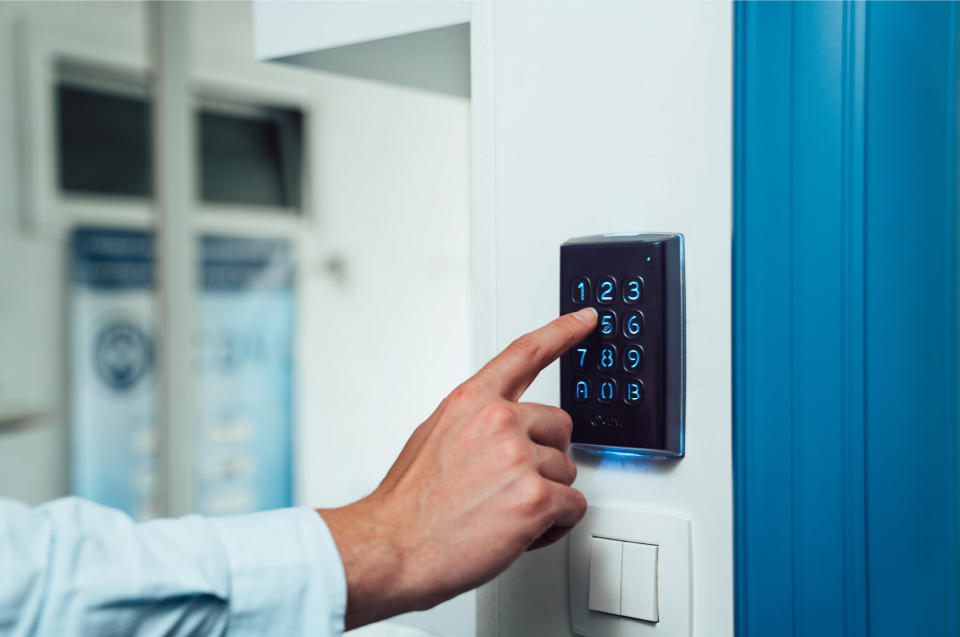Benefits of Implementing Access Control in Bristol
Furthermore, access control systems provide detailed records of employee and visitor movements within the building, allowing managers to monitor foot traffic, identify patterns, and optimize workflows. In addition, access control systems can be used to monitor the flow of people within the building, ensuring that occupancy limits are not exceeded. Access control systems can be a key component of emergency evacuation plans, providing quick and controlled exit routes for employees, tenants, and visitors.
Another benefit of access control is the ability to remotely manage access permissions, making it easier for warehouse managers to control security without needing to be physically present. Access control systems can be tailored to streamline the process of granting temporary access to visitors while maintaining tight security over restricted areas.
For high-security areas such as storage rooms or server rooms, businesses can implement more advanced access control methods, such as biometric identification or smart card readers, to limit entry. This is especially useful for businesses with multiple entry points or those that need to adhere to specific security protocols.
As warehouses in Bristol increasingly embrace smart technology, adopting advanced access control systems is a crucial step toward protecting valuable inventory and ensuring a secure working environment for employees. Additionally, GDPR requires that personal data is protected against unauthorized access, and advanced access control systems, such as biometric authentication or RFID-based solutions, provide robust protection for both physical and digital assets.
Key Card & Fob Access Control Systems in Bristol - Cybersecurity & IT Integration
- BS EN 50133 (Access Control Standard)
- On-premise vs. cloud-based access control software
- Emergency exit compliance


